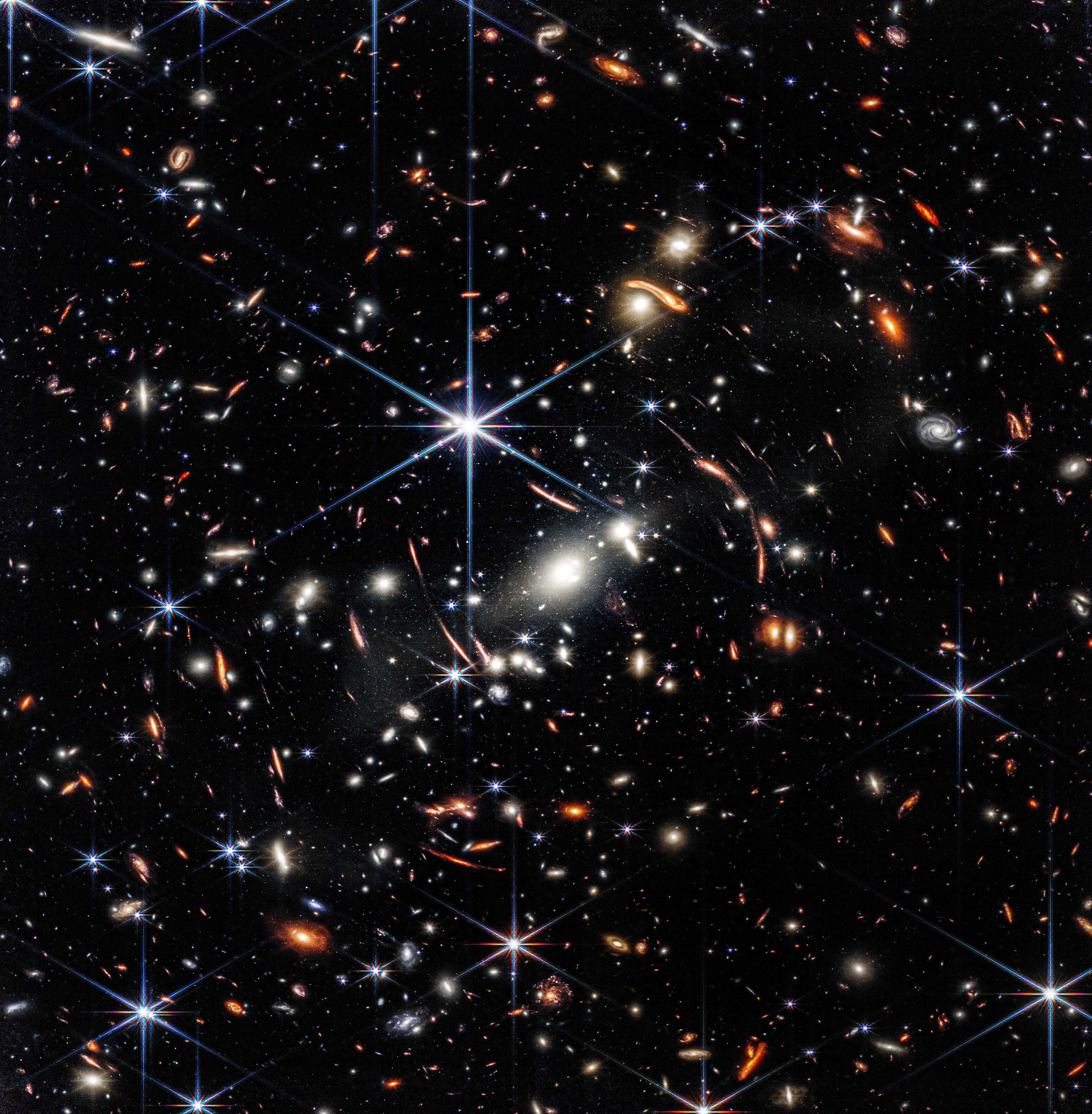The hajj, one of the largest annual human gatherings in the world, begins on Wednesday in Mecca, Saudi Arabia. Amid rising temperatures and logistical challenges, the pilgrimage has increasingly become a test of endurance both for pilgrims and the Saudi government.
Millions of Muslims from around the world travel to the city to take part; Saudi Arabia said 1,475,230 pilgrims from abroad have arrived since Sunday. Last year, the Saudi government said more than 1,300 pilgrims died, many from Egypt. Most of those who perished had been unregistered, Saudi officials said, meaning they had made the trip without the permits that gave them access to heat protections.



The scientific method cannot be used to determine the truth of an inherently untestable claim. That’s why untestable claims are called unscientific because science has nothing to do with it and cannot by the inherent limits of the method.
For example, Abrahamic faiths assert that there is an omnipresent being that comprises the totality of everything. If such a being could exist then there could not be anything to compare it to as a control. Hence, you would not be able to use the method to test if this God exists as you have no not-God as a point of comparison.
The scientific method has limits. Hopefully you were taught that you use philosophical logic to determine validity of untestable claims.
That’s why the scientific method is created, to keep to the things we can know about.
For things we cannot know, there’s your space for faith. But it’s more of a ‘credo quia absurdum’, than anything else.
You’re perfectly fine in believing what you wish, but you’re not trying to know. There’s no apriori. Like Godel proved there’s no way for logics to be coherent enough to prove anything outside of it.